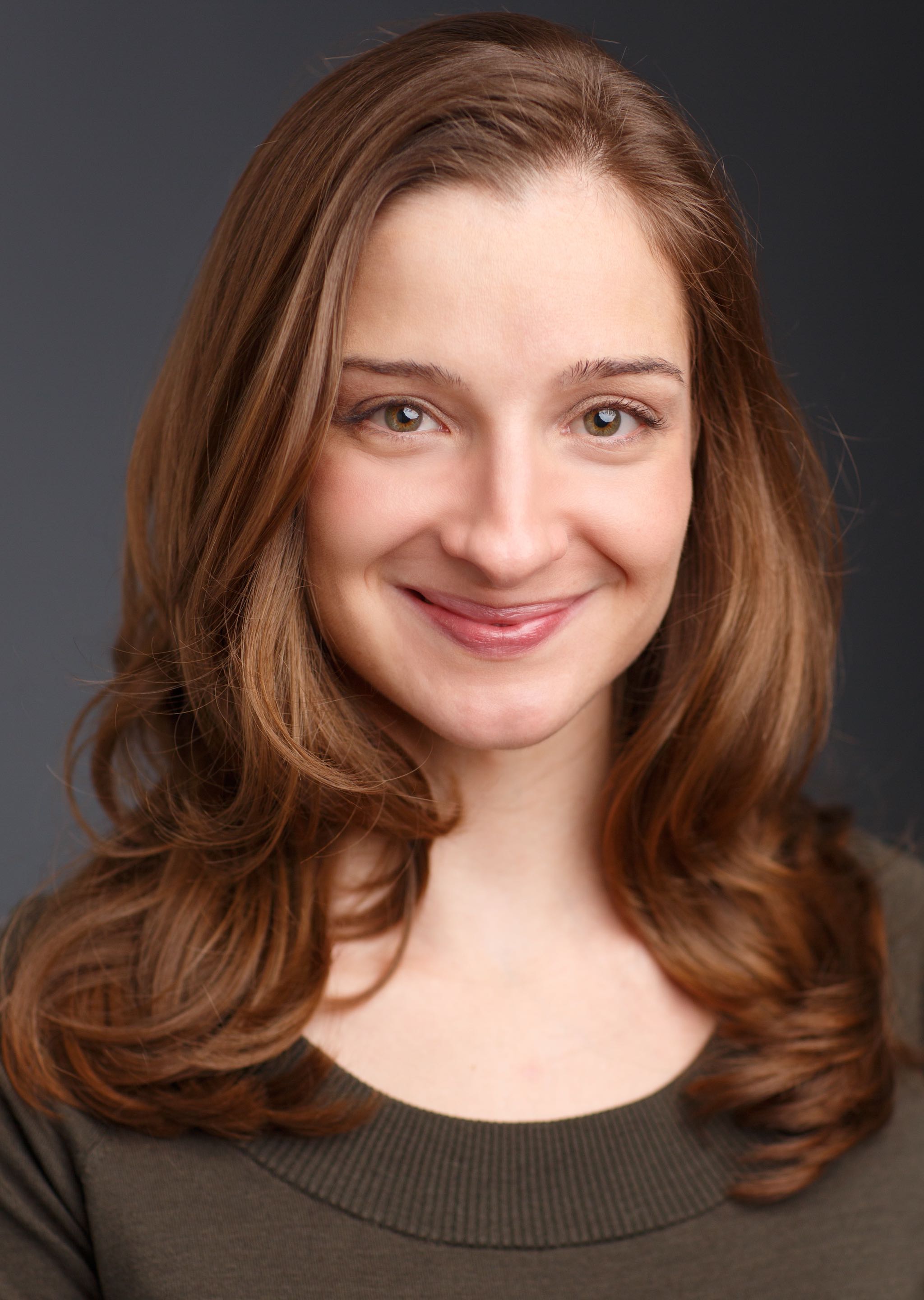
What does it mean to be named an Emerging Leader in Hospice and Palliative Medicine?
I am extremely honored to be among those recognized by AAHPM for my contributions and commitment to advancing the field of hospice and palliative medicine. I feel quite privileged to be part of such a special community and am filled with gratitude for my mentors who have guided me through my medical training and first years as an attending physician. I acknowledge the responsibility that comes with this award. As an Emerging Leader, I will engage in ongoing professional development, seek out opportunities to strengthen my leadership skills, and actively promote equity and inclusion in the field. I will continue my efforts to advance the field through innovative research, interprofessional collaboration, evidence-based clinical care, and high-quality medical education. As I look to the future, I hope to mentor other aspiring young leaders and to ultimately serve as a change agent in the field.
Describe how you became interested in hospice and palliative medicine and who/what influenced your work.
I was initially introduced to the field through a palliative care lecture series during my first year of medical school at Northwestern University. I was immediately drawn to the specialty’s interdisciplinary approach to care and its emphasis on quality of life, shared decision-making, and effective patient-clinician communication. Over the next two years, I sought out opportunities to shadow palliative care physicians and was struck by how they skillfully identified patients’ values, clarified goals, facilitated open discussions about prognosis, and managed refractory symptoms.
Early in my intern year at the University of California, San Diego, I approached Dr. Eric Roeland regarding my interest in the specialty and my desire to get involved in palliative care research. With his mentorship, as well as that of Dr. Heidi Yeung, I gained valuable research experience as a resident. My involvement in those projects, coupled with the impactful experiences that I had during palliative care elective rotations, confirmed my desire to pursue a career in palliative medicine.
During fellowship, Drs. Gary Buckholz, Holly Yang, Kyle Edmonds, and Josh Jones were instrumental to my growth as a palliative care clinician and researcher and, to this day, they continue to be strong advocates. Since I completed my medical training, Drs. Eric Widera, Patricia Ganz, Carol Mangione, and Anne Walling have all been integral to my ongoing professional development.
What is your vision for the future of hospice and palliative medicine?
I envision a future, in the span of my career, in which palliative care will be viewed as an essential component of standard medical practice for patients with serious illness. Advances in palliative care research will allow for targeted, evidenced-based interventions and the development of distinct clinical pathways designed to meet the specific palliative care needs of different patient populations.
While there will remain a shortage of specialist palliative care teams, an increasing number of patients will have ready access to comprehensive, interdisciplinary palliative care services early in their disease. Telehealth and related technologies will help address the geographic disparities in access to specialist palliative care while innovative public health policies will promote more equitable access among historically disenfranchised populations. The field will enjoy an increasingly diverse workforce and our success in tracking national patient outcomes will serve as a model for other specialties.
